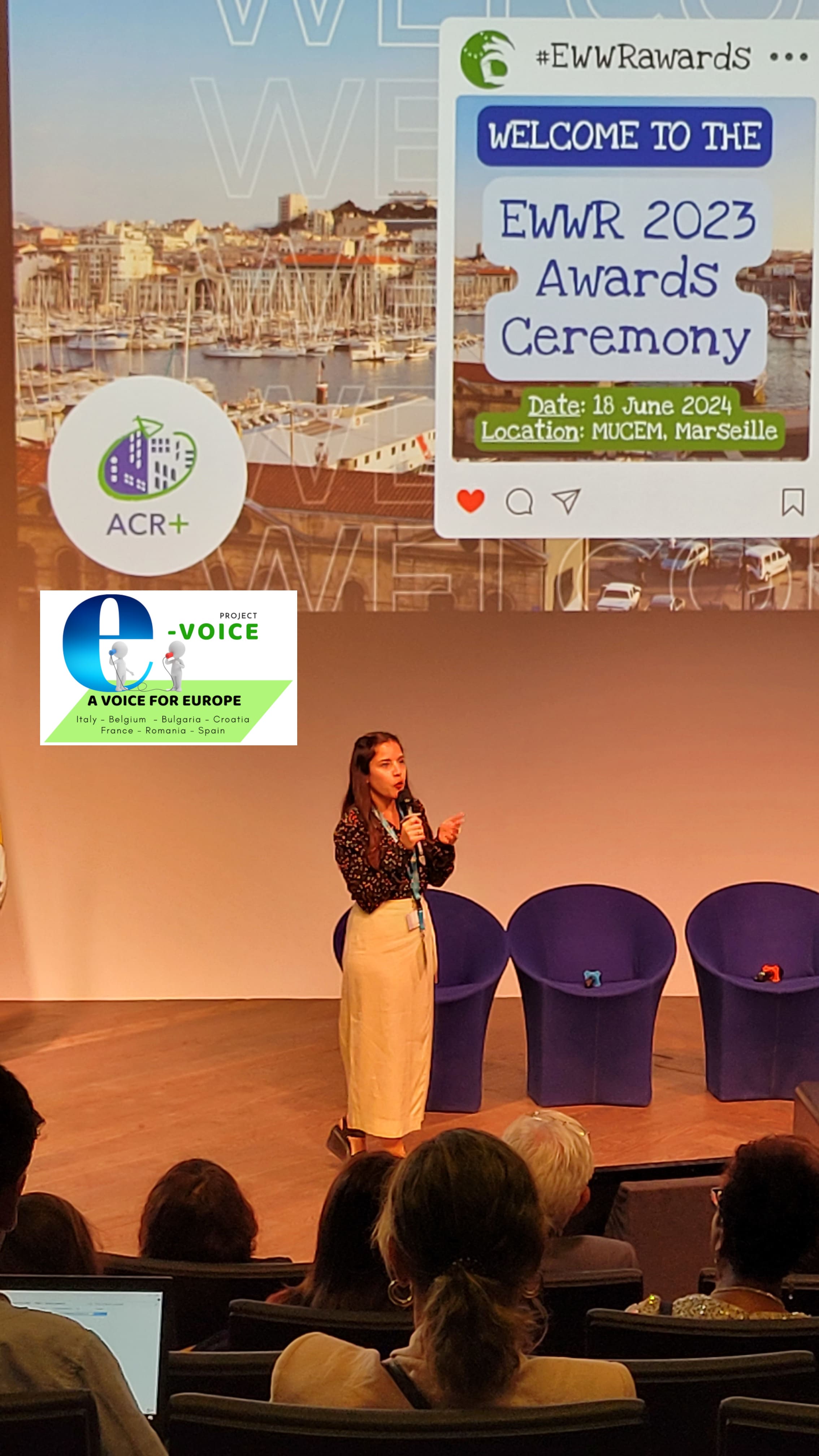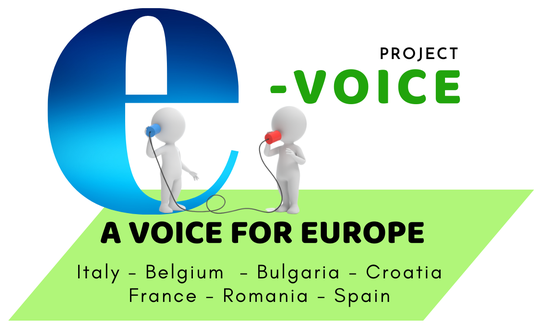
On 18 June 2024, the E-VOICE partners joined the ACR+ General Assembly, held in Marseille and marking the 30th anniversary of the association. The event included a conference focused on the crucial role of public authorities in driving the transition towards a just, sufficient, and circular economy. Various experts, including ACR+ members, representatives from European institutions, civil society, academia, and the private sector, gathered to discuss strategies and share insights.
Key Takeaways
- The transition to a circular economy requires a holistic and inclusive approach, emphasising equity and sustainability.
- Public authorities play a vital role in implementing and enforcing policies that promote circular practices.
- Behavioural science can aid in designing policies that encourage sustainable consumption and production.
- Collaboration and active participation from all stakeholders, including cities, regions, and the private sector, are essential to drive the transition towards a circular economy.
In the afternoon, participants gathered again for the 15th edition of the European Week for Waste Reduction (EWWR) Awards Ceremony, which awarded the most outstanding actions organised during the 2023 campaign, gathering around 200 participants, including numerous EWWR coordinators and action developers. The 2023 edition of the EWWR, in November, gathered more than 14 000 actions on waste reduction all over Europe.
The day after, E-VOICE partners met in the morning to reach Le Talus, a pilot project to transform a former construction site dump into a place of innovation and discovery of agro-ecology in the city. Made up of two distinct plots, the Talus is located in the 12th arrondissement of Marseille in the heart of a district in full urban renewal and presenting a deficit of socio-cultural living spaces. Participants have been guided across the different spaces of the eco-farm learning about the several projects implemented in this recovered space, all of them being focused on social inclusion, sustainability and cultural development. E-VOICE partners walked across the garden, built on a plot of degraded but unpolluted land, a green oasis of 800m2 of vegetable and aromatic crops grown in market gardening on living soil, available for sale by pick-your-own basis. Then, they moved to the greenhouses, 3 geodesic domes with bioclimatic architecture to produce vegetable plants and cultivate all types of plants also during winter. Finally, they could reunite on a former industrial concrete slab, where they found a village of containers hosting numerous activities around a large square open to the city and its inhabitants. E-VOICE partners could learn about the project and meet representatives of local youth and environmental associations that are based in the site and that organise their activities within the spaces of the eco-farm.
Finally, a special guest as the Secretary General of the Youth Network Express presented the activities of the many youth associations part of the network.
E-VOICE partners said goodbye to Marseille enriched of inspirations on how to build more resilient, sustainable and circular communities.








